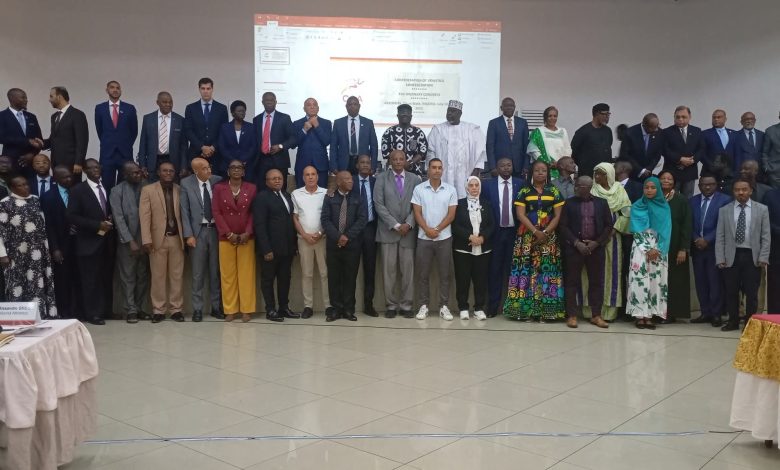The Confederation of African Athletics (CAA) is advocating for a landmark reform that would allow Continental Associations to directly elect their own representatives to global athletics bodies—a move aimed at accelerating and enhancing the global administration of the sport.
This significant proposal emerged from recent CAA Council and Congress meetings held in Abeokuta, Nigeria, under the leadership of President Hamad Kalkaba Malboum. The initiative is part of a broader strategic effort to reform governance structures within World Athletics and promote greater inclusivity and equity in decision-making processes.
Core of the Reform
Under the CAA’s proposal, the election of the President of World Athletics would remain the responsibility of the World Athletics General Assembly, preserving continuity and institutional unity. However, the CAA is proposing that the selection of members for World Athletics Commissions and Working Groups should fall under the authority of the Continental Associations, based on quotas determined by World Athletics regulations.
This decentralized approach is intended to foster genuine diversity and ensure that all regions have a meaningful voice in shaping the technical and strategic direction of athletics worldwide.
A Step Toward International Sports Democracy
The proposal aligns with a growing global push for:
- Greater democracy
- Increased transparency
- Enhanced balance in the governance of international sports federations
Observers have lauded the CAA’s reform plan as a proactive and forward-thinking step that, if embraced by other Continental Associations, could become a model for other sports organizations. It promises to promote a more representative and inclusive sports governance ecosystem.
Challenges Ahead
Despite the bold vision, the proposal faces several potential hurdles:
- Building consensus among other Continental Associations is essential for its adoption.
- Negotiations will be required with the World Athletics Council, which may resist reforms that could reduce influence from certain regions.
- Regulatory amendments must be carefully crafted and implemented within a realistic timeline that aligns with the broader goals of institutional evolution.
Inspired by Abeokuta
Dubbed the “Spirit of Abeokuta,” this reform initiative symbolizes the rising legitimacy and assertiveness of emerging continents in the international sports arena. It raises critical questions about fairness, equity, and representation in global athletics governance.
While its success will depend on diplomacy, collaboration, and commitment across regions, the CAA’s proposal has the potential to usher in a transformative era—one rooted in democratic ideals and institutional fairness.
Only time will tell if this bold initiative gains the momentum needed to reshape the future of athletics worldwide.






